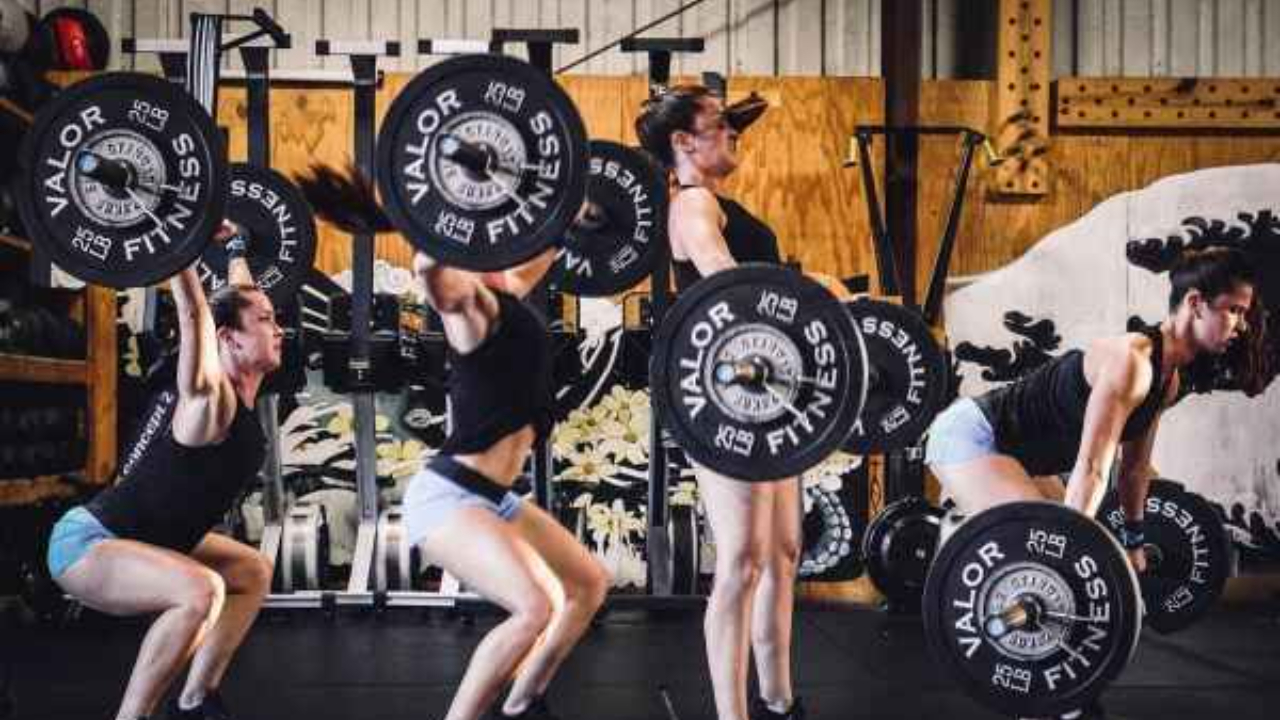Is Time an Exercise Programming Metric?

Is time an exercise programming metric?
Here's the answer....
The short answer is YES.
The longer answer is that although time itself is not a metric, how we use it in resistance training is a metric. And, how we use it to achieve and measure muscle performance metrics or outcomes like velocity and power makes it a metric.
How is the answer yes and no?
The answer is no simply because time itself is not a metric.
To get to yes, we have to look at exercise programming metrics how we use it to measure muscle performance.
To start, let's define metric time.
Metric time measures time intervals using the metric system.
The base unit of metric time is the second, a VERY important unit of time in resistance training. We define repetitions in terms of seconds to complete, and we break down each phase of the movement into the eccentric and concentric phases, looking at the seconds to complete each phase. That is one example of how we use time in the gym and how time is a exercise programming metric.
Why is speed or time of resistance training repetitions important? The speed of the repetition is a powerful variable we can easily manipulate and do so based on our desired outcome - if we want to achieve muscle mass, strength, or power. The speed of a repetition determines to a large extent if we get a muscle mass, strength, or power outcome.
Second, the next metric unit is a millisecond. The millisecond is important because we measure our ability to react and move in sports as reaction and movement time, respectively. These events are expressed as milliseconds. For example, the time a lineman takes to react to the start of a play is his reaction time and the time to complete the movement off the line towards the opponent is his movement time. They are both measured in milliseconds.
As the field of metrics continues to grow and define fitness, sports, and rehabilitation, we will need to understand the core definitions of exercise programming metrics and how to use them in training programs to measure muscle performance metrics (velocity and power) and other desired metric outcomes like muscle strength.
If you want an easy, straightforward approach to understand and use metrics in physical therapy practice, click here for a new CE course.
Author Biography
Amy Ashmore, Ph.D. holds a doctorate in Kinesiology from the University of Texas at Austin. She is an educator focused on resistance training and performance analytics located in Las Vegas, NV.
To explore the latest RT methods, earn CEUs for physical therapy, AND explore performance analytics for sports, click here.
...visit our website...
Learn more about qualitative analysis, biomechanics for real-time play, how to predict sports outcomes and more. Earn CEs for physical therapy and strength and fitness.